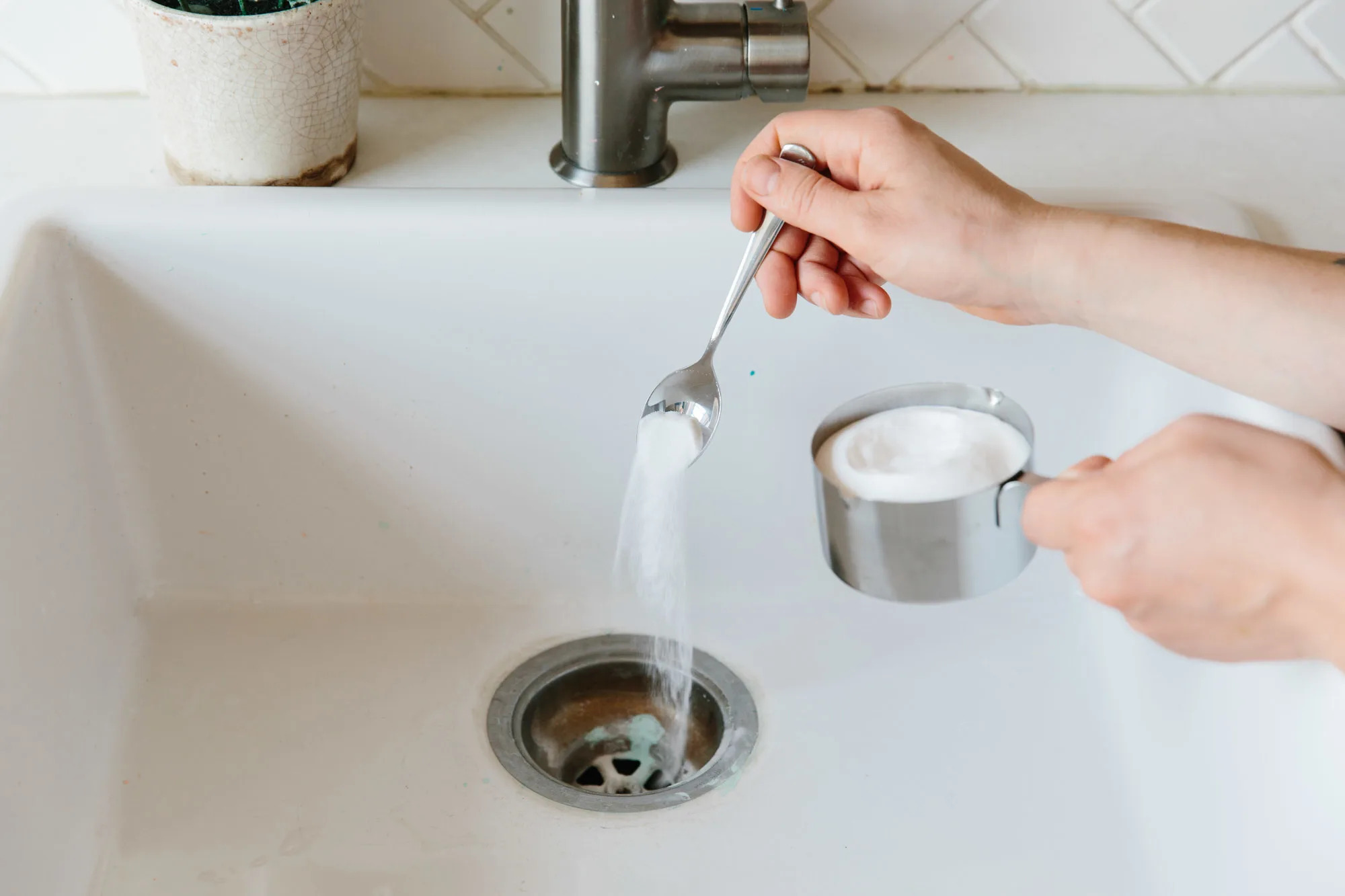

Articles
How To Get Rid Of Sink Drain Odor
Modified: October 20, 2024
Learn effective methods and tips to eliminate sink drain odor in this comprehensive guide. Read our informative articles and say goodbye to unpleasant smells today!
(Many of the links in this article redirect to a specific reviewed product. Your purchase of these products through affiliate links helps to generate commission for Storables.com, at no extra cost. Learn more)
Introduction
Have you ever walked into your kitchen or bathroom and noticed an unpleasant odor coming from the sink drain? If so, you’re not alone. Sink drain odor is a common problem that can be caused by a variety of factors, including food particles, grease buildup, and bacteria growth. Not only can it be embarrassing when guests come over, but it can also be a sign of poor hygiene and potentially harmful to your health.
In this article, we’ll explore the common causes of sink drain odor and provide you with effective solutions to eliminate the unpleasant smell. Whether you’re dealing with a mild odor or a more persistent stench, our tips and remedies will help you get your sink smelling fresh and clean again.
Key Takeaways:
- Say goodbye to sink drain odor by regularly cleaning and disinfecting your drain with natural remedies like baking soda and vinegar, lemon juice, or essential oils. Preventive measures such as proper food waste disposal and regular hot water flushes can also keep your sink smelling fresh and clean.
- If natural remedies don’t work, consider using commercial drain cleaners and odor eliminators cautiously. However, prevention is key, so implement regular maintenance and proper disposal of food waste to avoid sink drain odor in the first place.
Read more: How To Get Rid Of Wet Carpet Odor
Common Causes of Sink Drain Odor
Before we dive into the solutions, let’s first understand some of the most common causes of sink drain odor. Identifying the source of the smell is key to effectively eliminating it.
- Food particles: One of the primary culprits behind sink drain odor is leftover food particles that get trapped in the drain. Over time, these particles can rot and emit a foul smell. It’s essential to ensure that no food scraps are going down the drain, especially greasy or sticky substances that can cling to the walls of the pipe.
- Grease buildup: When cooking oil and fats go down the sink drain, they can solidify and accumulate along the pipe walls. This buildup not only restricts the flow of water but also provides a breeding ground for bacteria, leading to unpleasant odors.
- Bacteria and mold growth: Moist environments like sink drains are prone to bacterial and mold growth. These microorganisms thrive in damp areas, breaking down organic matter and producing smelly by-products. If you notice a musty or rotten odor, it’s likely that bacteria or mold are present in your sink drain.
- Blocked or stagnant pipes: If water in your sink drains slowly or doesn’t flow at all, it could be a sign of blocked or stagnant pipes. Debris, hair, and other substances can accumulate over time, creating a perfect breeding ground for foul-smelling bacteria.
- Improper venting: Sink drains need proper ventilation to allow odors to escape. If the venting system is faulty or improperly installed, the odors can get trapped within the pipes, resulting in an unpleasant smell.
Now that we’ve identified the common causes of sink drain odor, let’s move on to the solutions. By addressing these underlying issues, you can eliminate the unpleasant smell and create a fresh and clean environment in your kitchen or bathroom.
Cleaning and Disinfecting the Sink Drain
When it comes to combating sink drain odor, proper cleaning and disinfection of the drain are essential. By removing any buildup and killing bacteria and mold, you can restore freshness to your sink. Here’s how to clean and disinfect your sink drain:
- Remove visible debris: Start by removing any visible debris, such as food scraps or hair, from the drain. Use gloves and a pair of tweezers or a drain snake to pull out any clogs or blockages.
- Boiling water: Pouring a pot of boiling water down the drain can help break down and flush away grease and organic matter. This simple step can go a long way in eliminating odor-causing substances.
- Baking soda and vinegar: Mix equal parts of baking soda and vinegar to create a bubbly solution. Pour it down the drain and let it sit for about 15 minutes. The combination of baking soda and vinegar will help break down grease and kill bacteria. Follow up with boiling water to flush away the mixture.
- Lemon juice: The acidic properties of lemon juice can help eliminate odors and kill bacteria. Squeeze the juice of a lemon down the drain and let it sit for a few minutes before rinsing with hot water.
- Commercial drain cleaners: If natural remedies don’t provide satisfactory results, you can consider using a commercial drain cleaner. These products are specifically designed to break down clogs and eliminate odor-causing substances. However, use them sparingly and carefully, as they can be harsh on your pipes and the environment.
- Disinfecting with bleach: If your sink drain is heavily contaminated with bacteria or mold, you can use bleach as a disinfectant. Mix one part bleach with ten parts water and pour it down the drain. Allow it to sit for a few minutes before flushing with cold water. Remember to wear gloves and ensure proper ventilation when working with bleach.
Regularly cleaning and disinfecting your sink drain will not only prevent odors but also maintain proper hygiene in your kitchen or bathroom. Make it a part of your cleaning routine to keep your sink fresh and odor-free.
Natural Remedies to Eliminate Sink Drain Odor
If you prefer to use natural remedies to tackle sink drain odor, there are several effective options that you can try. These natural solutions not only eliminate odors but also minimize the use of harsh chemicals. Here are some natural remedies to help you get rid of sink drain odor:
- Baking soda and vinegar: As mentioned earlier, a combination of baking soda and vinegar can work wonders in cleaning and deodorizing the sink drain. Pour half a cup of baking soda down the drain, followed by half a cup of vinegar. Allow the mixture to fizz for a few minutes, then rinse with hot water. This natural remedy helps break down grease, kill bacteria, and neutralize odors.
- Lemon and salt scrub: Cut a lemon in half and dip the cut side in salt. Scrub the inside of the drain with the lemon, squeezing it to release its juice. The acidity of the lemon helps eliminate odors, while the salt acts as a gentle abrasive to remove any buildup. Rinse the drain with hot water to flush away any residue.
- Essential oils: Essential oils not only have pleasant scents but also possess antibacterial properties. Add a few drops of your favorite essential oil, such as lemon, lavender, or tea tree oil, to a cup of water. Pour the mixture down the drain and let it sit for a few minutes before rinsing with hot water. The essential oils will help mask the odor and inhibit bacterial growth.
- Salt and baking soda scrub: Mix equal parts of salt and baking soda to create a scrubbing paste. Use a brush or sponge to scrub the inside of the drain with the paste, focusing on areas with buildup or odor. Rinse thoroughly with hot water to remove any residue and leave your drain smelling fresh.
- Apple cider vinegar: Apple cider vinegar is another natural remedy that can help eliminate sink drain odor. Pour a cup of apple cider vinegar down the drain and let it sit for about 30 minutes. Follow up with hot water to flush away any residue and leave your drain smelling clean.
These natural remedies not only combat sink drain odor but also provide a safer and environmentally-friendly alternative to commercial cleaners. Experiment with these options to find what works best for your situation, and enjoy the fresh scent in your kitchen or bathroom.
To get rid of sink drain odor, pour a mixture of hot water and vinegar down the drain, followed by baking soda. Let it sit for 15 minutes, then flush with hot water.
Commercial Drain Cleaners and Odor Eliminators
If natural remedies or DIY solutions are not effective in eliminating sink drain odor, you may consider using commercial drain cleaners and odor eliminators. These products are specifically formulated to break down stubborn clogs, remove bacteria, and neutralize unpleasant smells. However, it’s important to use them with caution and follow the instructions carefully. Here are some popular commercial options:
- Chemical drain cleaners: Chemical drain cleaners are strong solutions that can dissolve clogs and remove buildup in your sink drain. They typically contain harsh chemicals like sodium hydroxide or sulfuric acid, so it’s crucial to wear gloves and protective eyewear when using them. Be cautious not to overuse these products, as they can damage pipes and be harmful to the environment.
- Enzyme-based drain cleaners: Enzyme-based drain cleaners work by using natural enzymes and bacteria to break down organic matter in the drain. These products are considered safer and eco-friendly alternatives to chemical cleaners. They are effective in removing clogs and odors caused by food particles and grease buildup.
- Oxygenated drain cleaners: Oxygenated drain cleaners are non-toxic and use oxygen ions to break down clogs and remove odor-causing substances. They are particularly effective in removing hair and other organic matter that can accumulate in the drain. These cleaners can be a safer option compared to chemical-based alternatives.
- Odor neutralizers: In addition to cleaning products, there are also odor neutralizers available specifically designed to remove unpleasant smells from sink drains. These products work by neutralizing the molecules responsible for the odor, rather than simply masking them. Look for odor neutralizers that are safe for use in drains and do not contain harsh chemicals.
- Preventive drain treatments: Some commercial drain cleaners and odor eliminators are formulated to be used as preventive treatments. These products can be used regularly to maintain a clean and odor-free sink drain. They help break down buildup, prevent clogs, and inhibit the growth of bacteria and mold. Regular use of preventive treatments can help minimize the occurrence of sink drain odor.
Before using any commercial drain cleaner or odor eliminator, carefully read the instructions and safety precautions on the packaging. If you’re unsure about which product to choose or how to use it, consult a professional plumber for guidance. Remember, prevention is always better than cure, so proper maintenance and regular cleaning of your sink drain can help reduce the need for commercial products.
Read more: How To Get Rid Of Gnats In Sink
Preventive Measures to Avoid Sink Drain Odor
Prevention is key when it comes to avoiding sink drain odor. By following some simple preventive measures, you can keep your sink smelling fresh and avoid any unpleasant surprises. Here are some effective preventive measures to implement:
- Proper disposal of food waste: Avoid putting large food scraps or greasy substances down the sink drain. Instead, scrape leftover food into the trash or compost bin. Use a sink strainer to catch smaller food particles and empty it regularly.
- Flush the drain with hot water: Regularly flushing your sink drain with hot water can help prevent the buildup of grease and food particles. Run hot water for a few minutes after each use to keep the pipes clean and prevent odor-causing substances from clinging to the walls.
- Regular cleaning and maintenance: Clean your sink and sink drain regularly using natural remedies or commercial cleaners. This will help remove any buildup and keep bacteria and mold growth at bay. Implement a cleaning routine that suits your schedule to prevent odors from developing.
- Avoid using harsh chemicals: Harsh chemicals like bleach or drain cleaners can damage pipes and harm the environment. Whenever possible, opt for natural remedies or enzyme-based cleaners. They are safer alternatives that can effectively eliminate odor without causing harm.
- Maintain proper ventilation: Ensure that your sink drain has proper ventilation to allow odors to escape. Make sure that the ventilation system is functioning correctly and not blocked or obstructed. An inadequate venting system can trap odors inside the pipes and contribute to unpleasant smells in your kitchen or bathroom.
- Regularly clean and maintain garbage disposal: If your sink has a garbage disposal unit, proper cleaning and maintenance are essential. Flush it with cold water while running the disposal to ensure efficient removal of waste. Periodically, clean the disposal unit by grinding ice cubes or citrus peels to freshen it up and eliminate odors.
- Address plumbing issues promptly: If you notice slow drainage or persistent sink drain odor despite regular cleaning, it may be a sign of a plumbing issue. Contact a professional plumber to inspect and fix any underlying problems, such as clogs or leaks, to prevent further odor-related issues.
By incorporating these preventive measures into your daily routine, you can effectively avoid sink drain odor and maintain a fresh and clean environment in your kitchen or bathroom. Consistency is key, so make these habits a part of your regular maintenance routine to enjoy odor-free sink drains.
Conclusion
Sink drain odor can be a frustrating and unpleasant problem to deal with, but fortunately, there are effective solutions available. By understanding the common causes of sink drain odor and implementing the right strategies, you can eliminate the unpleasant smell and maintain a fresh and clean sink.
Regular cleaning and disinfecting of the sink drain is crucial in preventing odor-causing substances from accumulating. Natural remedies like baking soda and vinegar, lemon juice, or essential oils can be powerful allies in eliminating odors and keeping your drain fresh.
If natural remedies don’t provide satisfactory results, commercial drain cleaners and odor eliminators can be used cautiously. However, it’s important to read and follow the instructions carefully and consider more environmentally-friendly options whenever possible.
To prevent sink drain odor in the first place, proper disposal of food waste, regular hot water flushes, and maintaining proper ventilation are essential. Regular cleaning and maintenance of your sink and garbage disposal unit, along with prompt addressing of plumbing issues, are also important preventive measures to keep in mind.
Remember, prevention is always better than cure. By implementing these preventive measures and incorporating regular maintenance into your routine, you can enjoy a fresh and odor-free sink drain for years to come.
With these tips and strategies at your disposal, you can confidently bid farewell to sink drain odor and create a pleasant and inviting atmosphere in your kitchen or bathroom.
Frequently Asked Questions about How To Get Rid Of Sink Drain Odor
Was this page helpful?
At Storables.com, we guarantee accurate and reliable information. Our content, validated by Expert Board Contributors, is crafted following stringent Editorial Policies. We're committed to providing you with well-researched, expert-backed insights for all your informational needs.
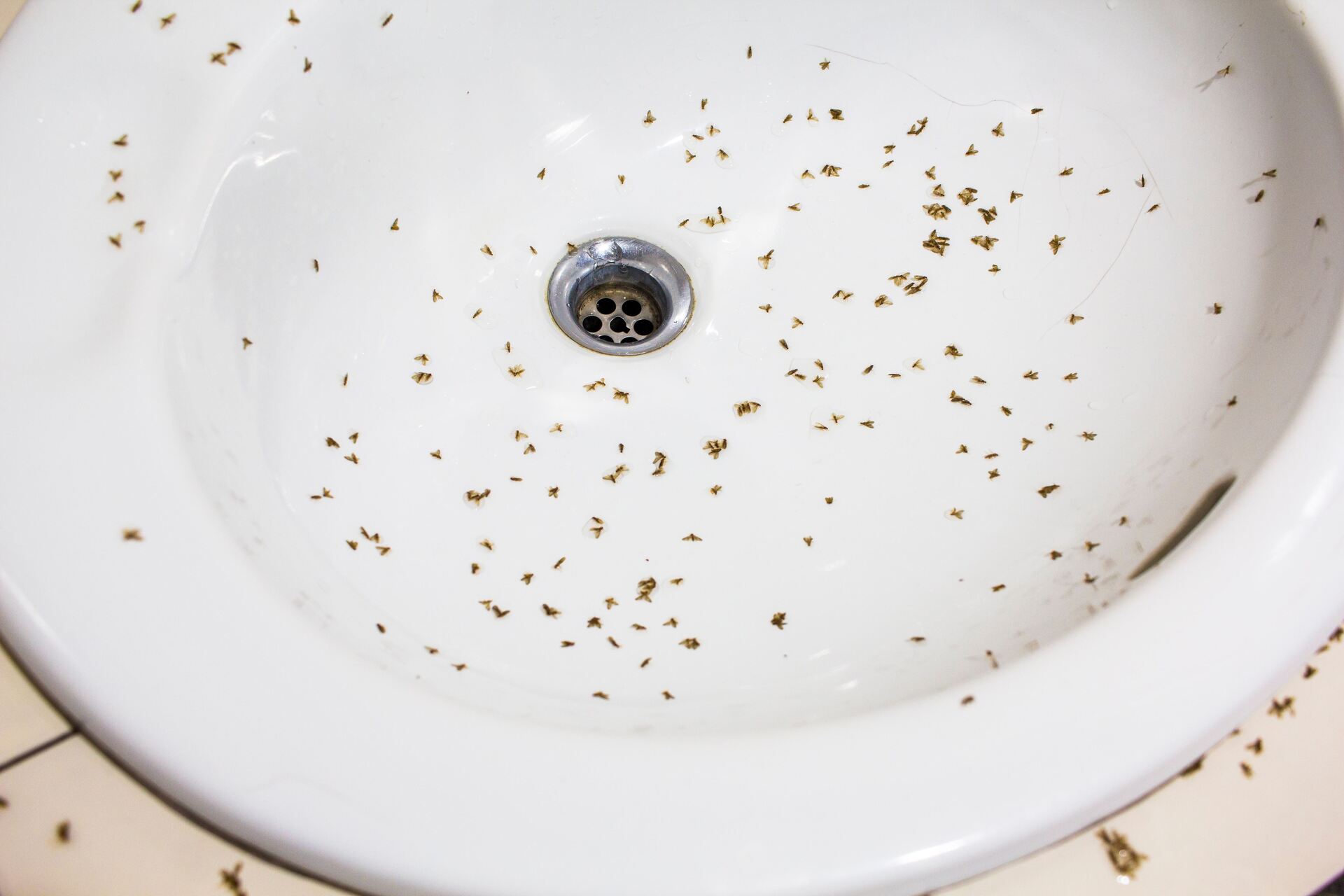
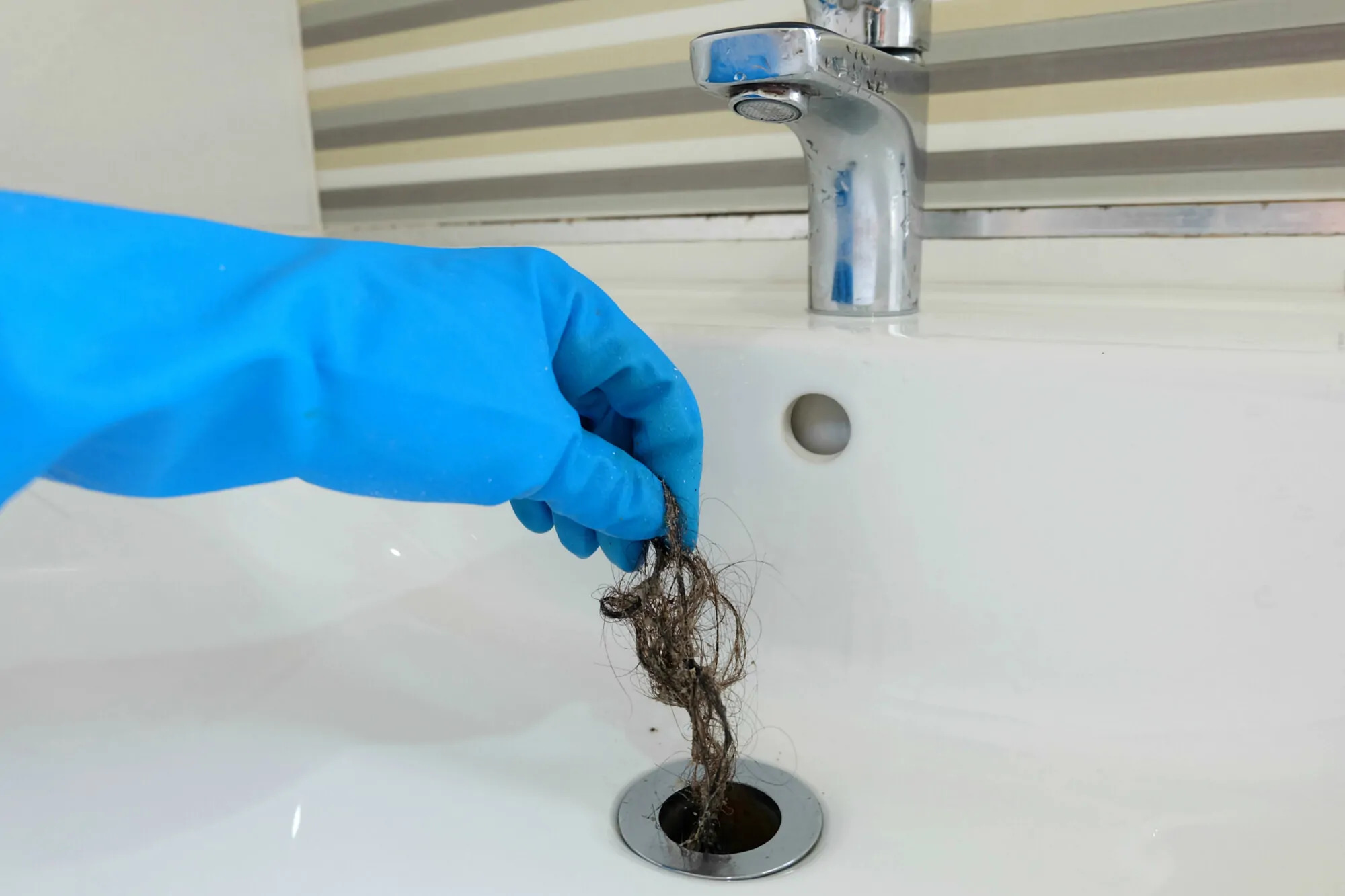
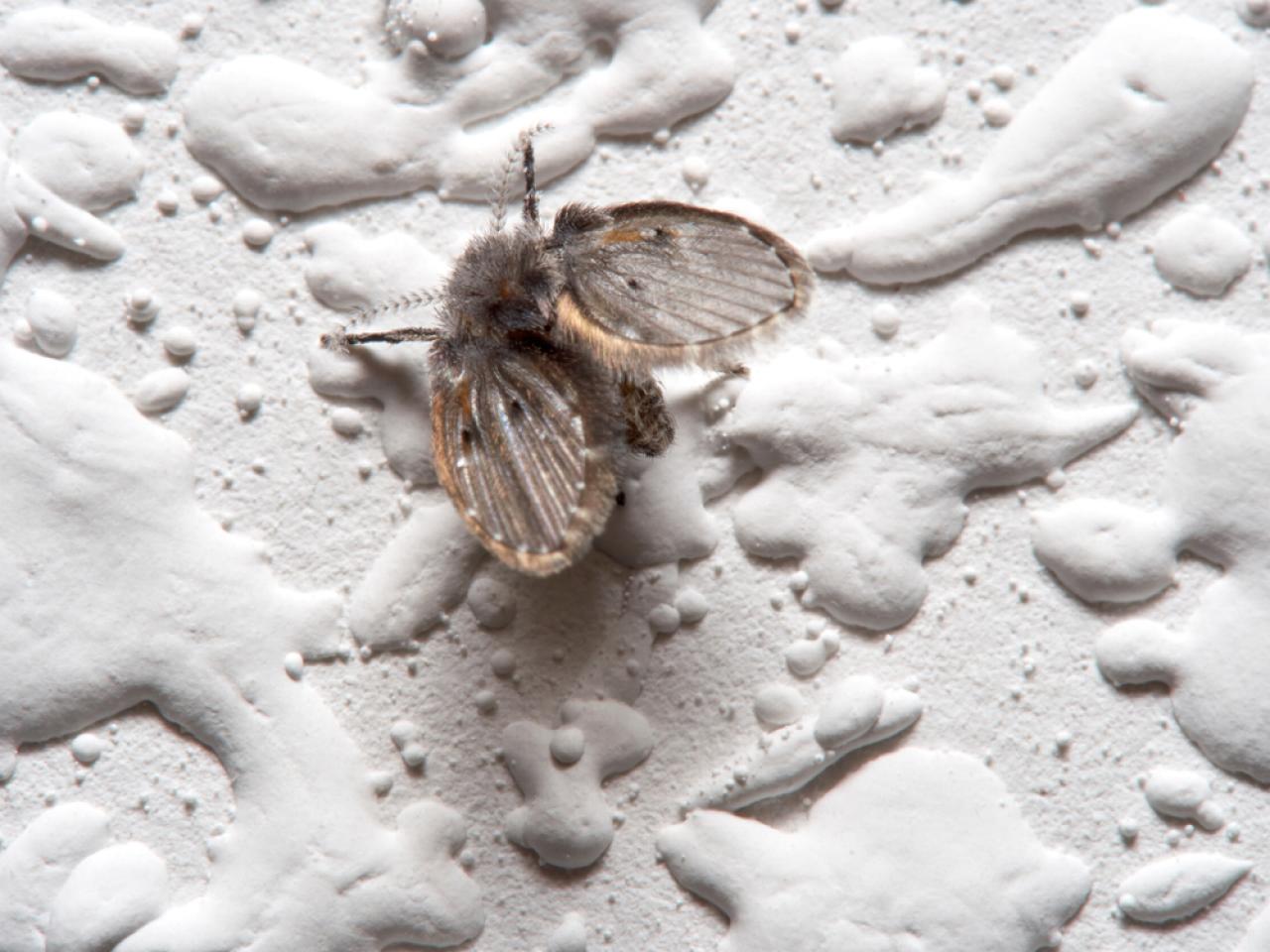
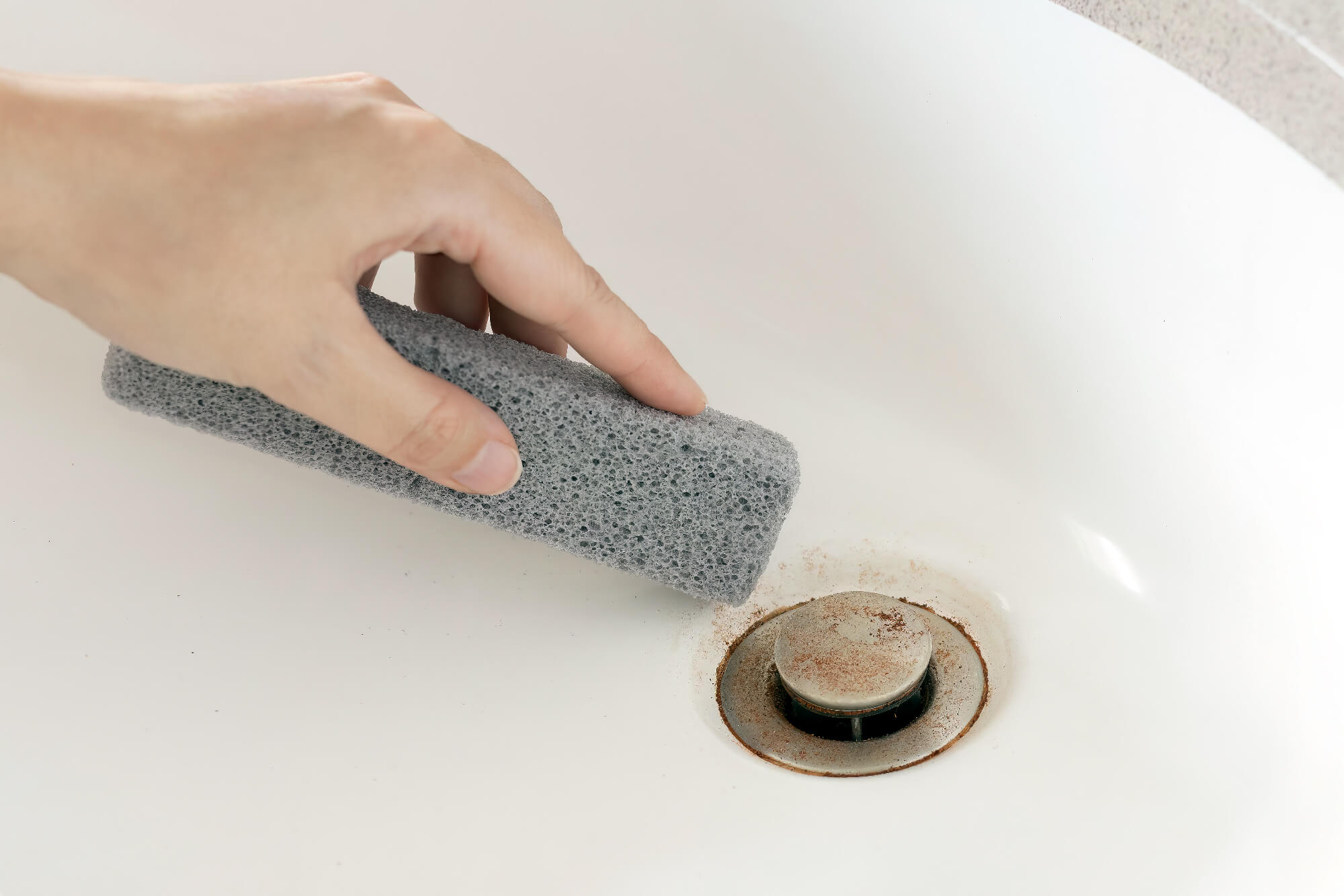
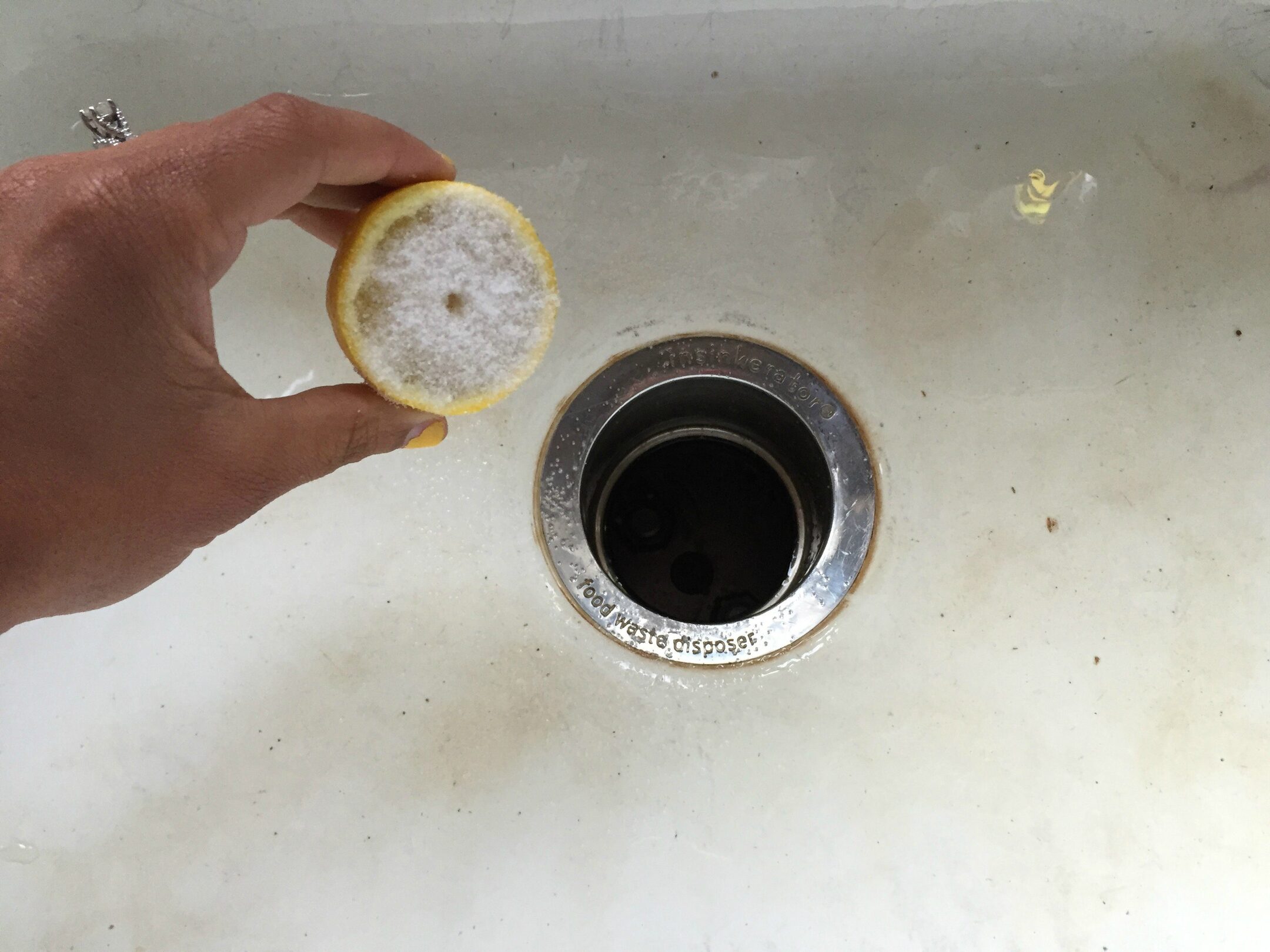
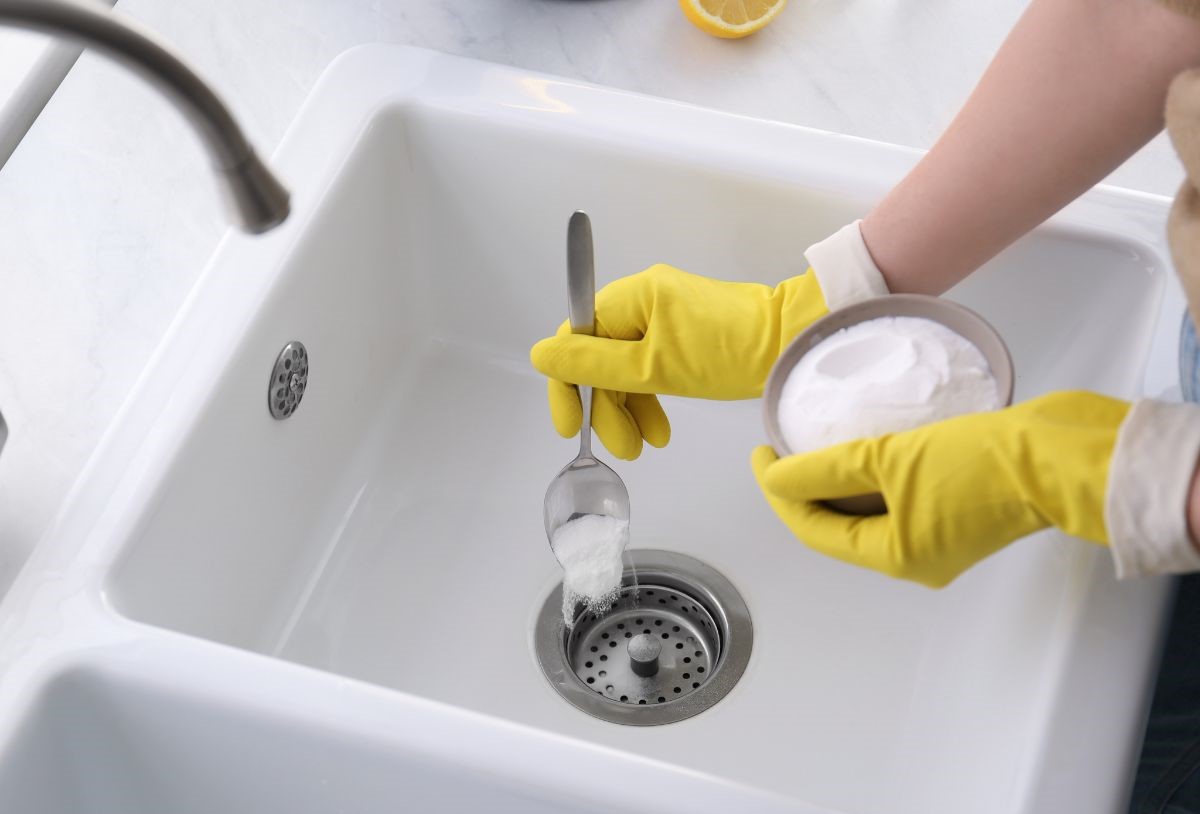
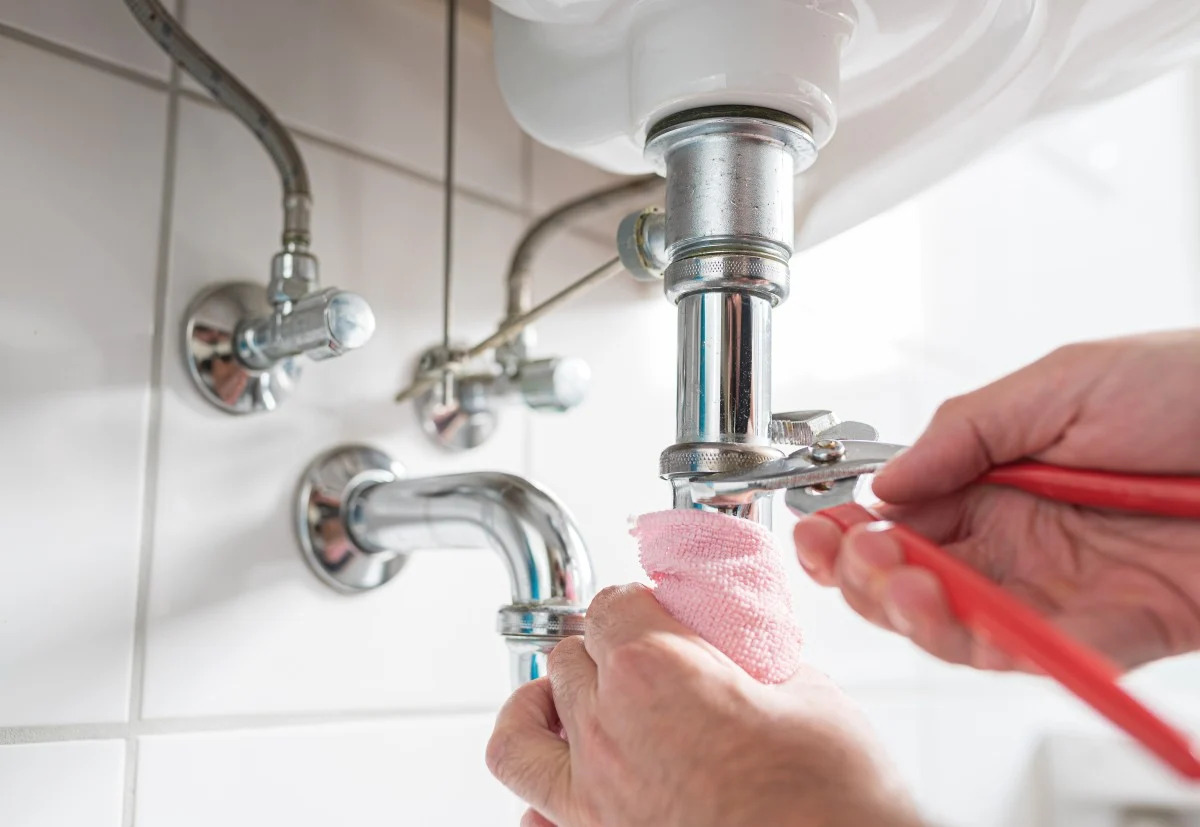
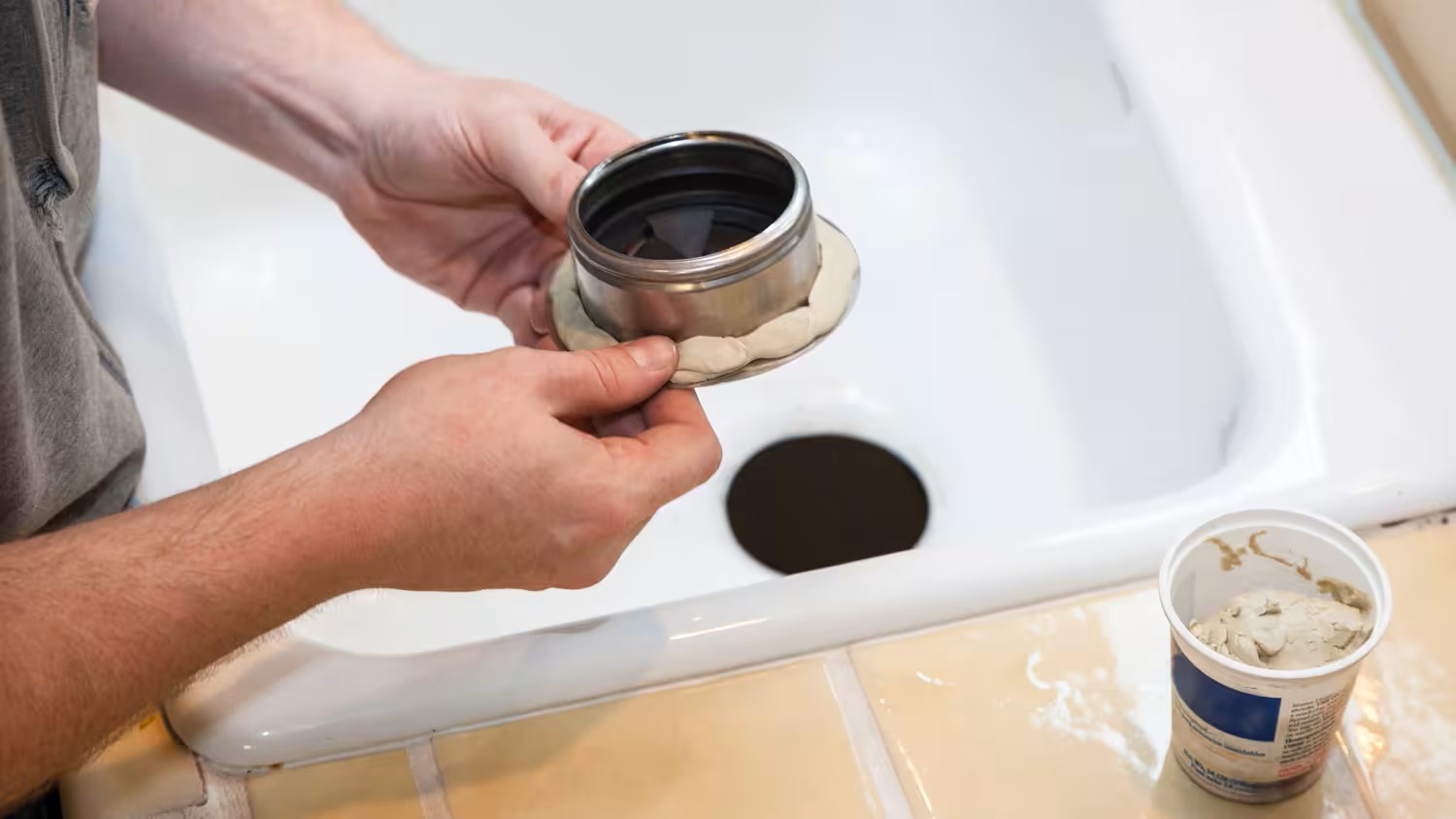
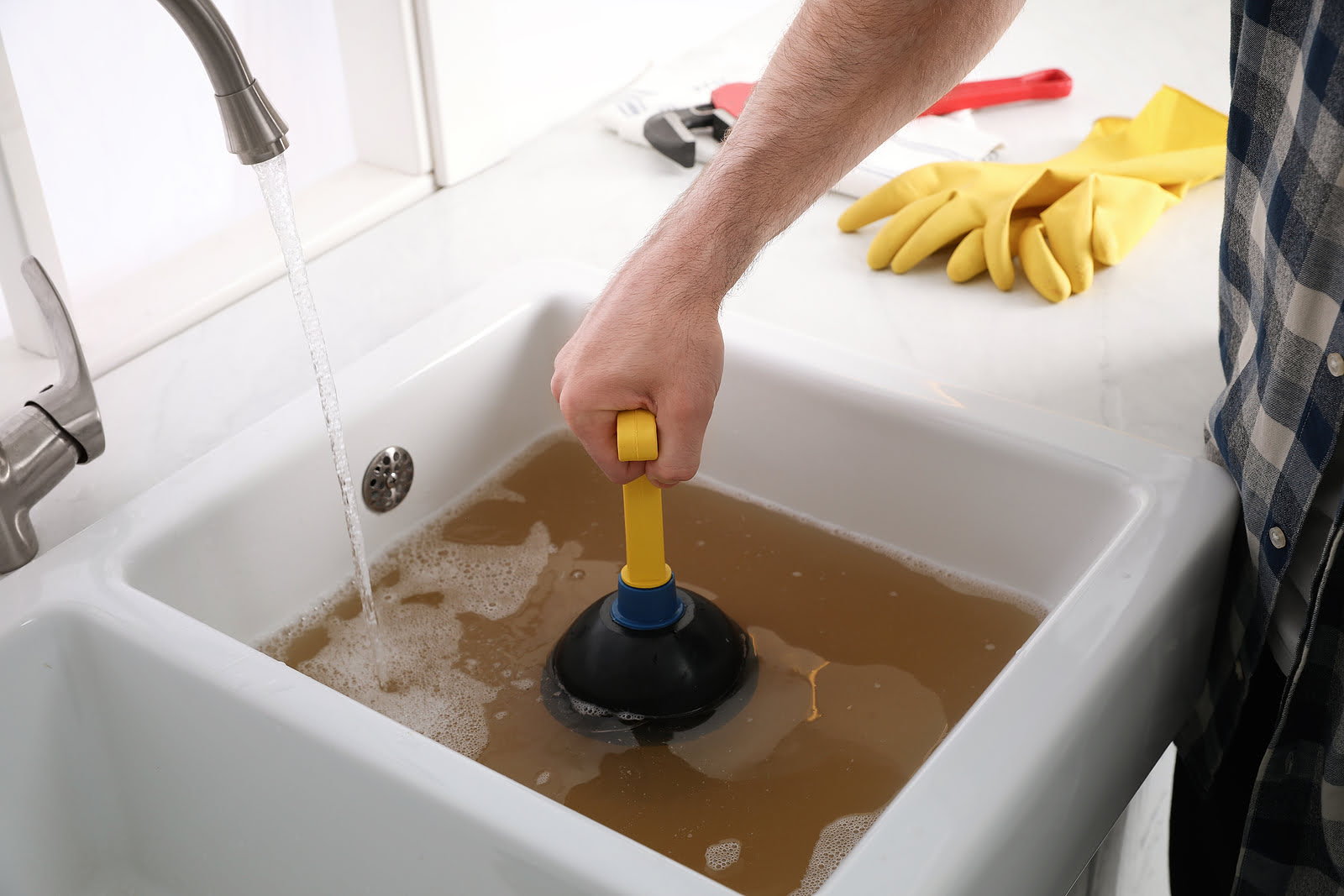
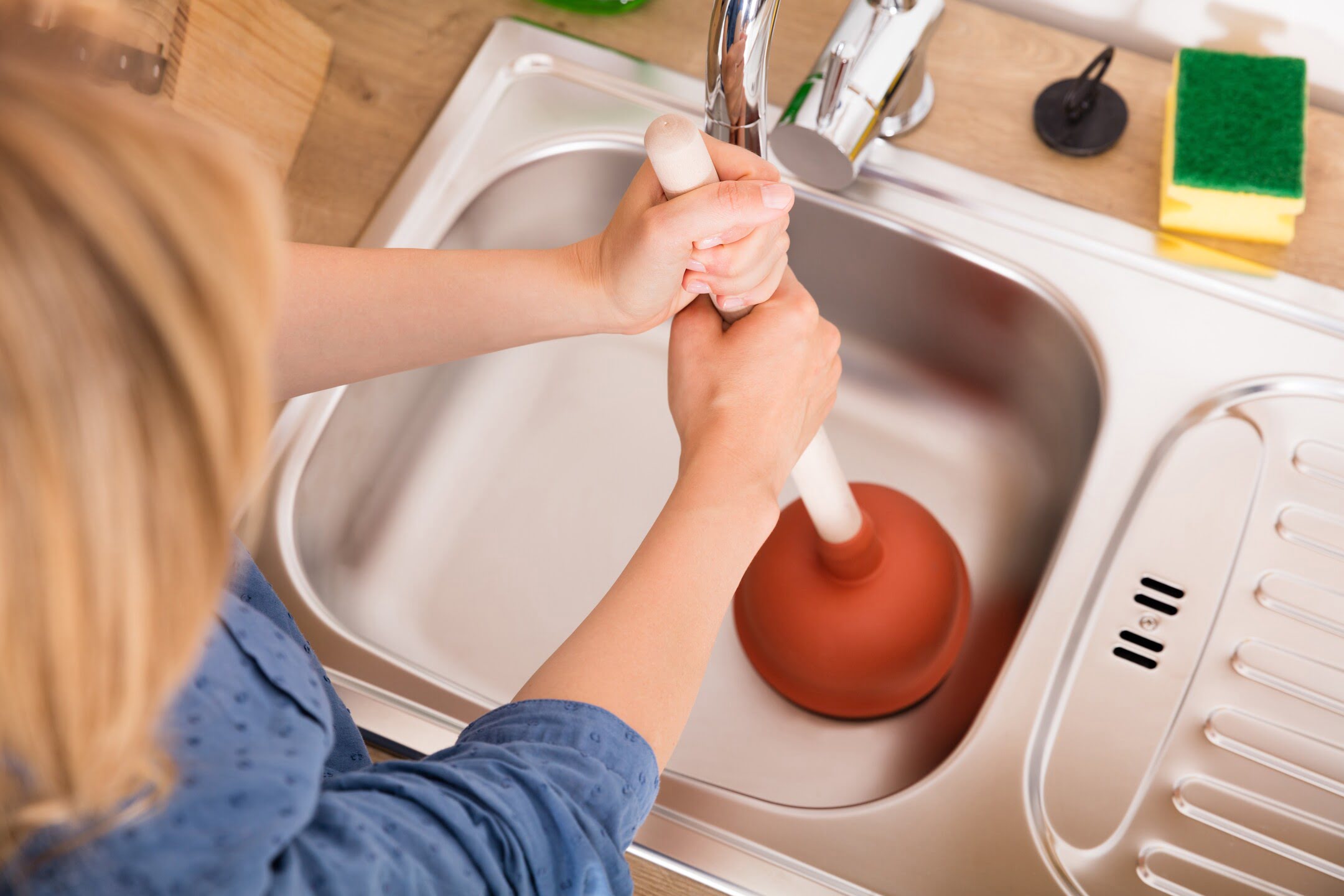
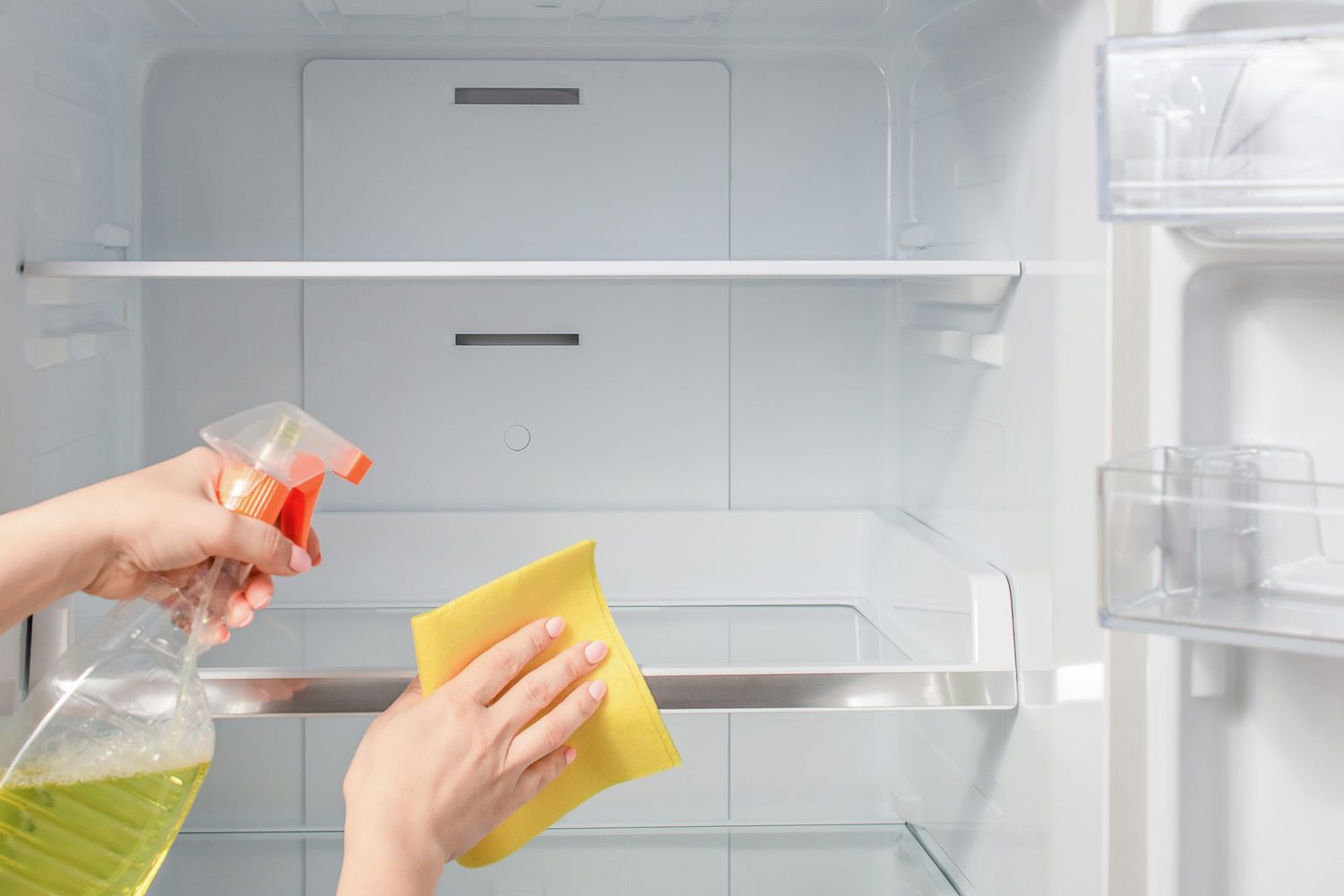

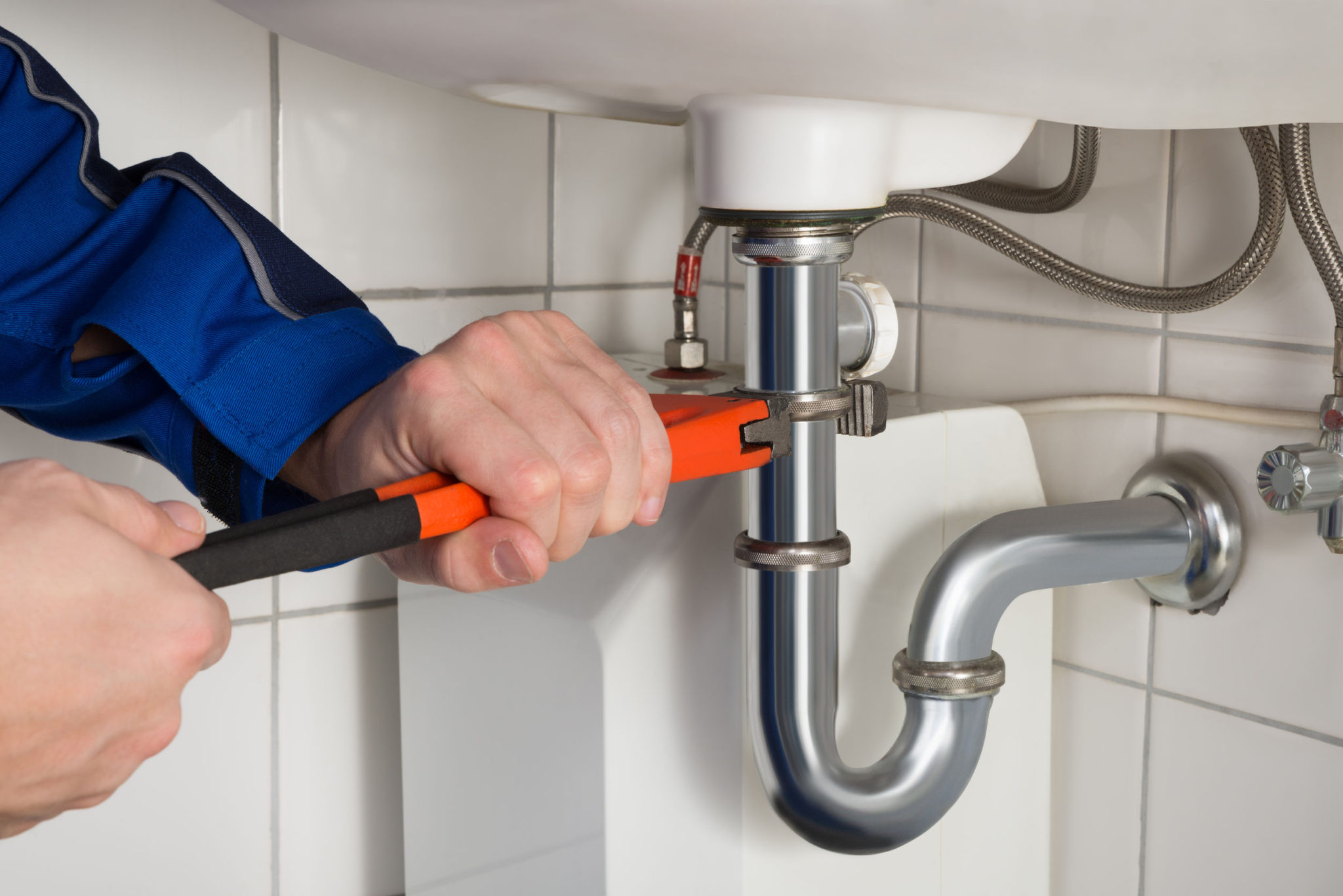
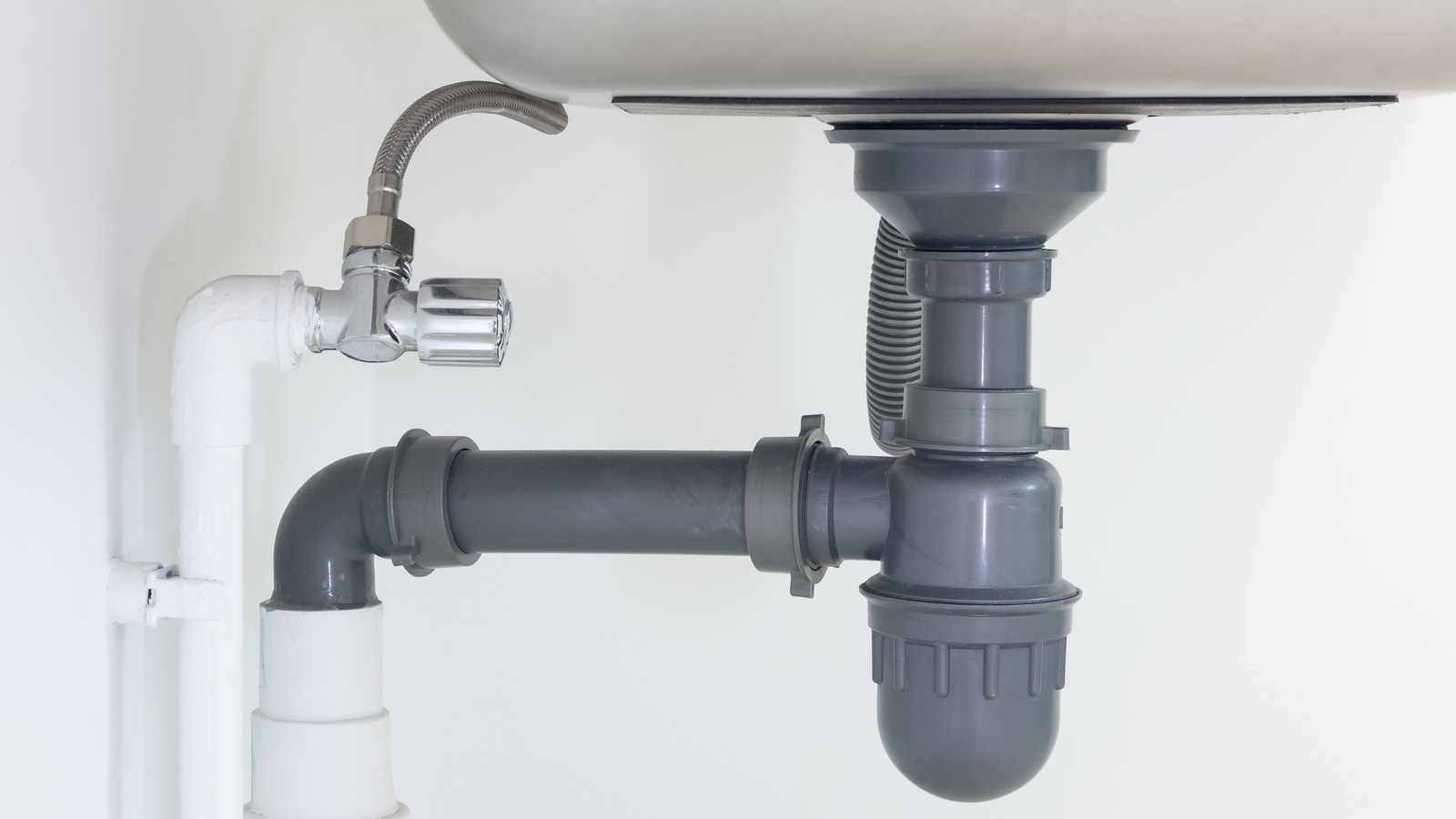

0 thoughts on “How To Get Rid Of Sink Drain Odor”